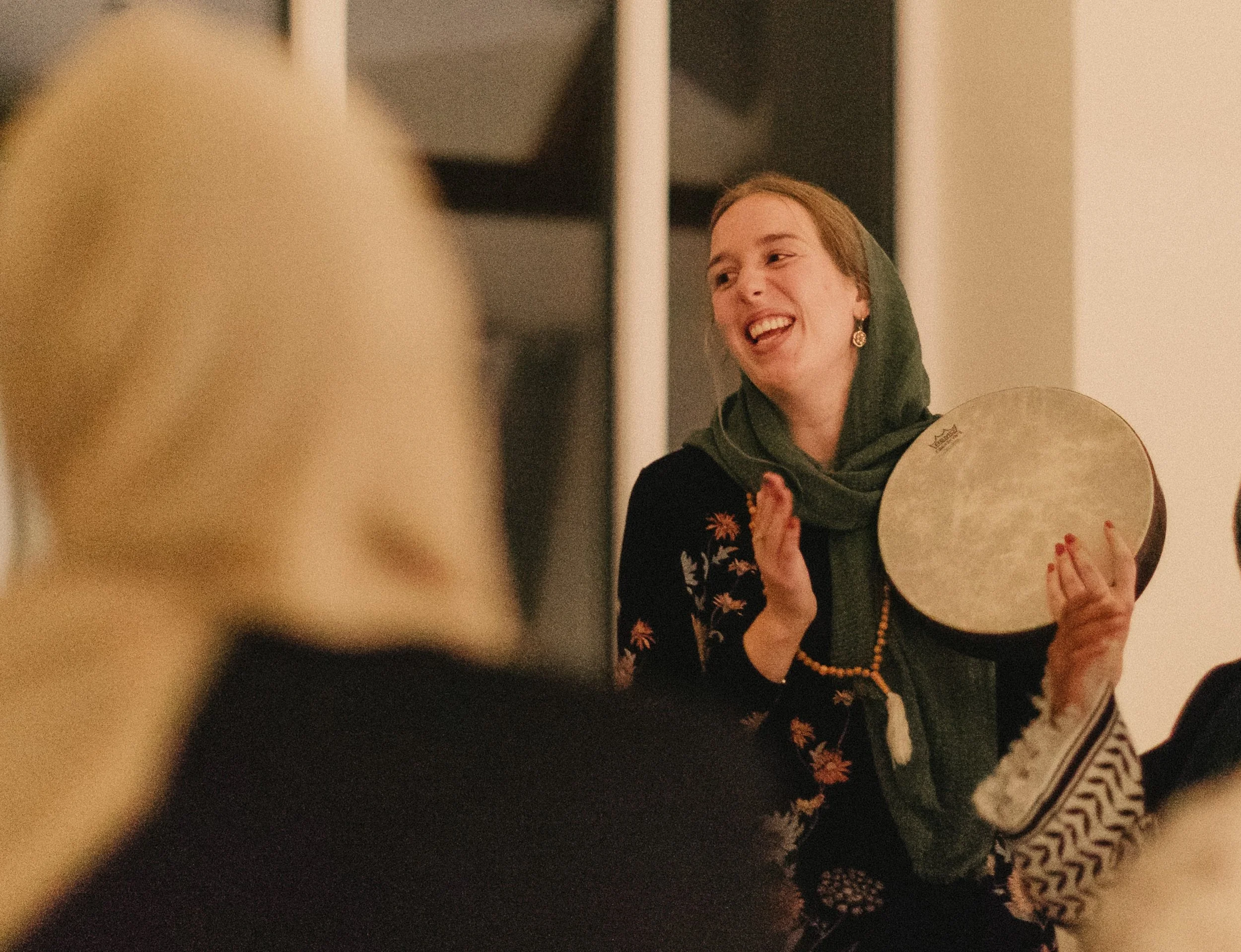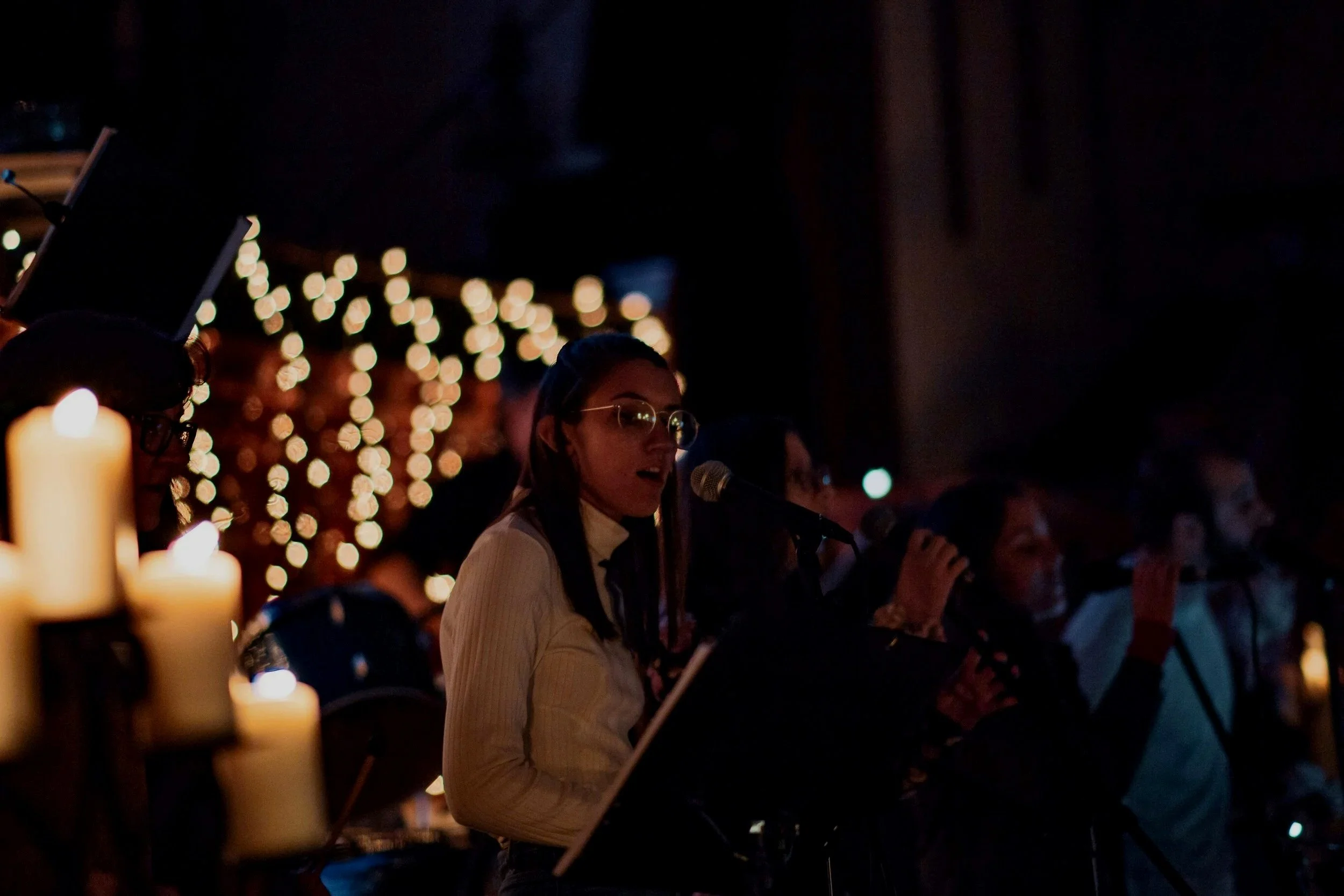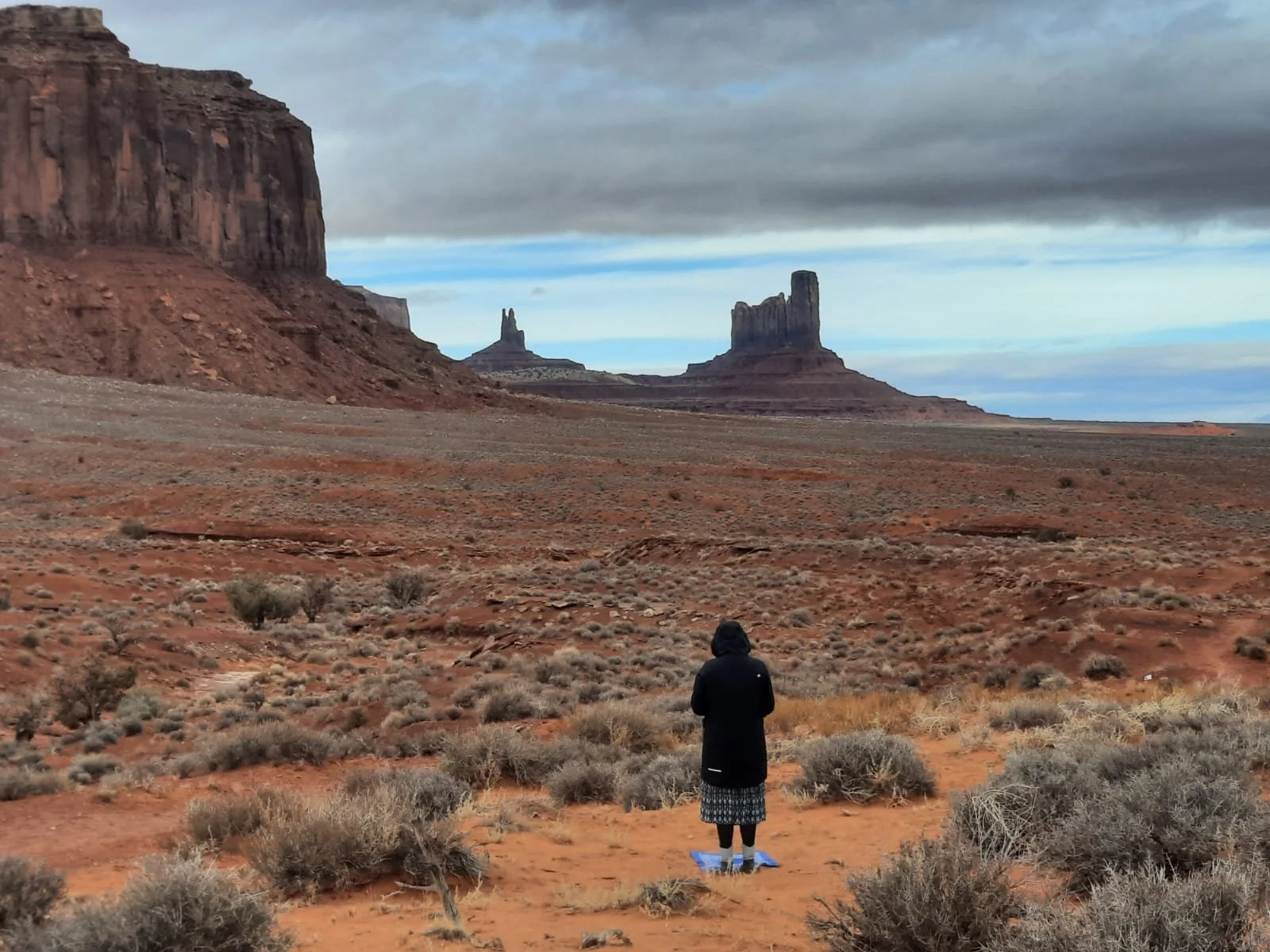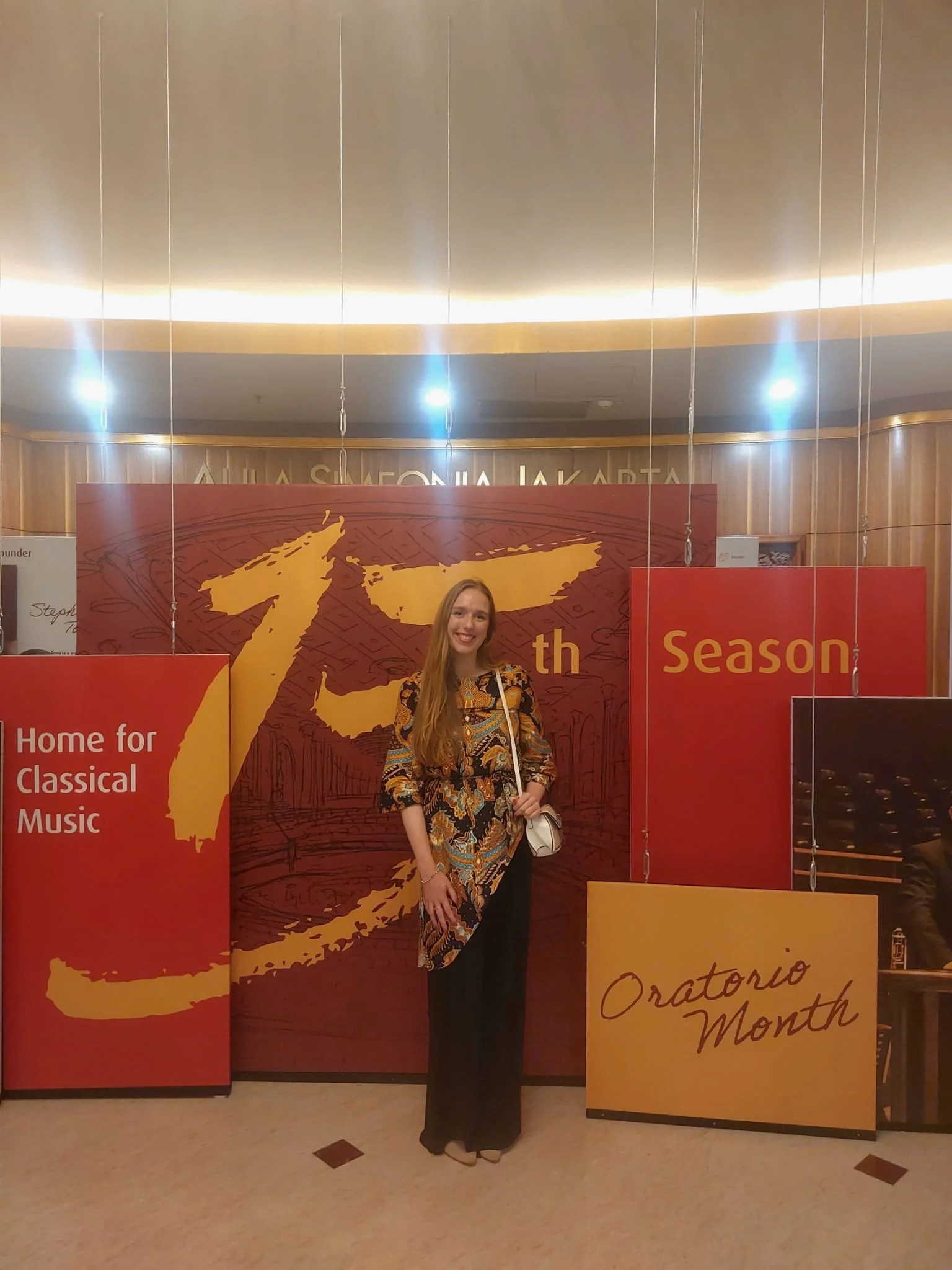
Mercy
An Islamic Oratorio
Bismillah al-Rahman al-Rahim
بسم الله الرحمن الرحيم
“In the name of God, the Most Compassionate, the Most Merciful. It is the phrase that starts it all. Every recitation from the Qur’an, every meal, every prayer, every action in life, and also this oratorio. An oratorio is a sacred choral musical composition often based on Scripture. The term originates from the Latin root for prayer (orare). An oratorio or oratorium literally means a ‘place of prayer’, because this is where these sacred compositions were often performed. One could also say that these compositions are ‘a place of prayer’ in and of themselves.
The Islamic tradition has a long, rich, and diverse history of sacred song, arising in different geographies and communities in forms such as Qawwali, Nasheed, Qasida, Sama, Gnawa, Dhikr, Taʿziyeh, and Gamelan Mawlid, sometimes with musical instruments, and sometimes without. When I first heard the perhaps most famous oratorio of all time, Handel’s Messiah, for the first time, I was deeply touched. I know my grandmother and grandfather sang this oratorio together in a choir in the Netherlands. As a Dutch Muslim, I then felt inspired to pursue the musical tradition of the oratorio from my own religious lens. I asked myself: what would an Islamic oratorio sound like? Of course, it would start with Bismillah al-Rahman al-Rahim. It would be about mercy, I thought. Mercy as exemplified by the one who was sent as a mercy to mankind: the Prophet Muhammad.”
Los Angeles, California | The performance of Handel’s Messiah by the Los Angeles Master Chorale which Wietske attended with her parents for her 25th birthday. It was at this concert that she first felt inspired to write Mercy. She started writing that very same night and finished a first complete draft of the oratorio three months later.
Monument Valley, Navajo Nation | Wietske wrote the majority of the first part of Mercy whilst traveling across various parks and reserves along the West Coast of the United States.
The Peak District, United Kingdom | This picture by Maaria Lohiya shows Wietske at a singing and drumming retreat for Muslim women organized by The Pearls of Islam. At the retreat, she realized that what Mercy had been missing was percussion. She also realized that she wanted the oratorio to be performable in smaller settings, making it more accessible and intimate. Wietske then rewrote the oratorio, which was originally written for two male and two female soloists and a large mixed choir (just like Handel’s Messiah), for female voices and percussion alone. This enabled her to record a version of the oratorio without being initially dependent on a full choir.
Jakarta, Indonesia | When her doctoral research took her to Jakarta, Wietske was overjoyed to discover that her fellowship coincided with Aula Simfonia Jakarta’s Oratorio Month. She travelled across Jakarta to attend every single concert that month, and was inspired not to give up on her oratorio in the face of difficulties. She recorded the first parts of Mercy: Part 1 in the dorms of the International Islamic University of Indonesia (UIII). She would eventually finish recording it almost a full year later in her childhood bedroom in Woerden, The Netherlands.
Mercy: Part One
Release: Mawlid 2025
Part One of the oratorio consists of fifteen songs, narrating the core message of Islam and the life of the Prophet Muhammad from his birth until the Night Journey, (al-Israʾ wa al-Miʿraj). This includes his meeting and marriage with Khadijah, the start of revelation, the persecution of the early Muslims in Mecca, the conversion of Bilal and Umar, the death of Khadijah, and the year of sorrow. Certain songs are inspired by the revelation and contents of specific chapters of the Qur’an, such as The Opening (Surah al-Fatiha) and To Each Their Rite (Surah al-Kafirun). The songs build up to the climax of Rise, the song portraying the spiritual journey of the Prophet Muhammad through the seven layers of heaven, a journey far beyond the scope of words captured in fleeting melodies.
Two
parts
Mercy: Part Two
Release: Ramadan 2027
Part two of Mercy also consists of fifteen songs, narrating the core message of Islam and the remainder of the Prophet Muhammad’s life, from his migration to Madina until his death. This includes a novel rendition of Tala al-Badru Alayna, the famous chant sung to welcome the Prophet to Madina, as well as narrations about the origins of the call to prayer, the spread of Islam beyond Arabia, the historic battles and peace agreement of Hudaybiyyah, the conquest of Mecca, and the Prophet’s final pilgrimage. Like in Part One, some of the songs are composed to reflect the revelation and contents of specific verses of the Qur’an, such as One Single Soul (Surah al-Ahzab 35). The ultimate theme of Mercy resonates in the narrations and harmony of reconciliation and forgiveness.

Are you interested in performing Mercy with your choir or community? Are you interested in supporting the project in some other way? Or do you simply have some thoughts to share? Please do not hesitate to reach out!







